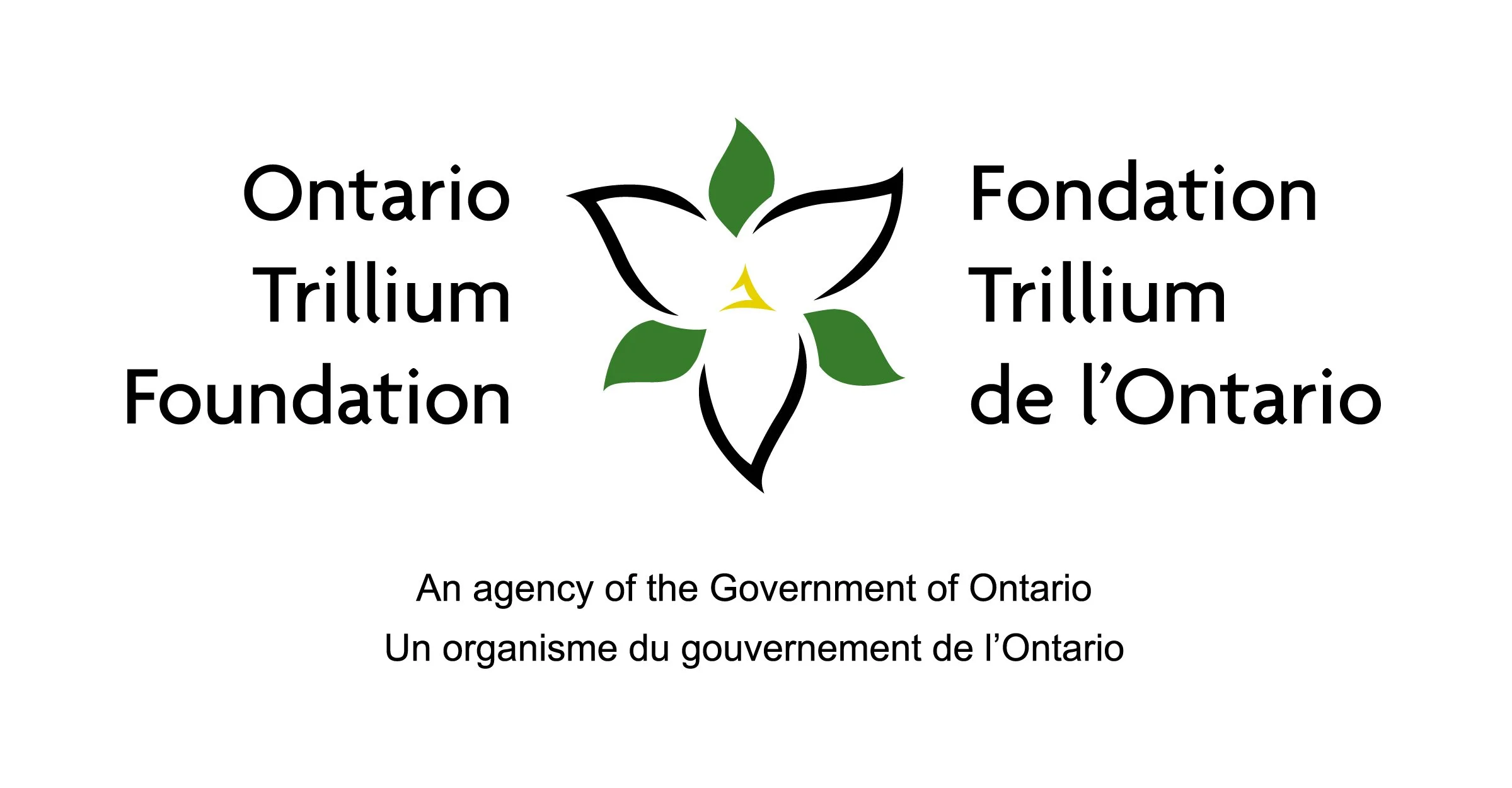
Support Services for Parents Caregivers & Guardians
“Beauty Is Me!”
About the Project:
The Beauty is Me project will create a space to learn the history of, and cultural appropriateness for the care and upkeep of Black hair for non-Black parents, guardians and caregivers of Black children engaged with the child welfare system in Windsor Essex and for Black parents, guardians, and caregivers to share their hair care journey.”
In our volunteer advisory capacity with Windsor-Essex Children’s Aid Society (WECAS), we identified a need for non-Black foster parents and guardians who are caring for Black children to be connected with community resources to help them properly take care of the children’s hair, and to build a positive sense of self, belonging and confidence in the children’s lives. Likewise, WECAS professionals needed help to better understand the importance of Black hair, and the multi-layered role it plays in Black culture, to better support the parents and caregivers in meeting these needs. We intrinsically understand that for Black families, self-worth is tied to their knowledge and appreciation of the Black heritage, history, and skin that they are in, and their curly nature of the crown of hair they wear.
The members of this project have lived experiences with systemic anti-Black racism within systems and structures such as education, child welfare and the justice system. We have the developed resilience and skills required to navigate the challenges that we are confronted with daily, living in a society that deems Black people as inferior. Beauty is Me will make sure that these caregivers have access to the necessary knowledge, services and supports.
The project will focus on two distinct groups of parents, guardians, and caregivers – those who identify as Black and those who do not. Each has different lived experiences which need to be acknowledged in building their capacity to care for Black and Biracial children and promoting that healthy sense of identity. We will provide first-hand knowledge of the importance of Black hair health and deepening connections to the child’s cultural heritage in building a sense of security in the uniqueness and beauty of their hair. Both groups of parents will benefit from learning the history of Black hair and its cultural context. Non-Black parents will learn skills and competencies to better understand and meet the emotional and practical needs of Black and biracial children. Non-Black caregivers will learn to better understand the importance of hair within Black communities, and become more aware of all forms anti-Black racism, not only so they can better affirm these children, but so that they don’t do additional harm or perpetuate existing stereotypes around Blackness. Having a limited understanding of Black hair may be viewed as neglecting their duty to effectively care for Black children entrusted in their care. This project provides non-Black caregivers the opportunity to change the negative discourse surrounding “Black hair.” Black parents will be connected to their history and build their sense of cultural pride and self-value. Safe space to unpack their own hair journeys, internalized oppression, and trauma will support healing and promote resilience and self-love in their children and themselves. All beneficiaries will be connected to resource professionals who can assist them in growing the children’s love of their natural hair. They will receive the skills and tools necessary to embrace cultural differences and challenge social constructions that permeate Black girls’ minds that effectively tell them “Black hair” is bad hair.
Project outcome/impact
Black parents, caregivers and guardian will strengthen connections with each other through sharing their hair journey.
Increase in the capacity of non-Black parents, guardians, and caregivers to support Black hair care and personal care needs, and to instill more confidence in our children.
Black and Non-Black parents, guardians, and caregivers will have a deeper appreciation and understanding of the historical legacy of Black hair and its connection to Blacks self-image, identity, beauty, and self-esteem. We will see changes in how Black and non-Black parents, guardian and caregivers support their children, in how they understand and meet their cultural and emotional needs.
Black parents, guardians, and caregivers will have a stronger bond with their families, more support for parents, better outcomes, and reduced risk of placement breakdowns for children in care.
Non-Black parents, guardians and caregivers will have more awareness and connection to Black hair care resources and comfortable to reach out to those resources. They will become more confident in their own abilities and knowledge as caregivers of Black children as they navigate and access existing services.
Funding Source
This project is funded by Ontario Trillium Foundation (OTF).


